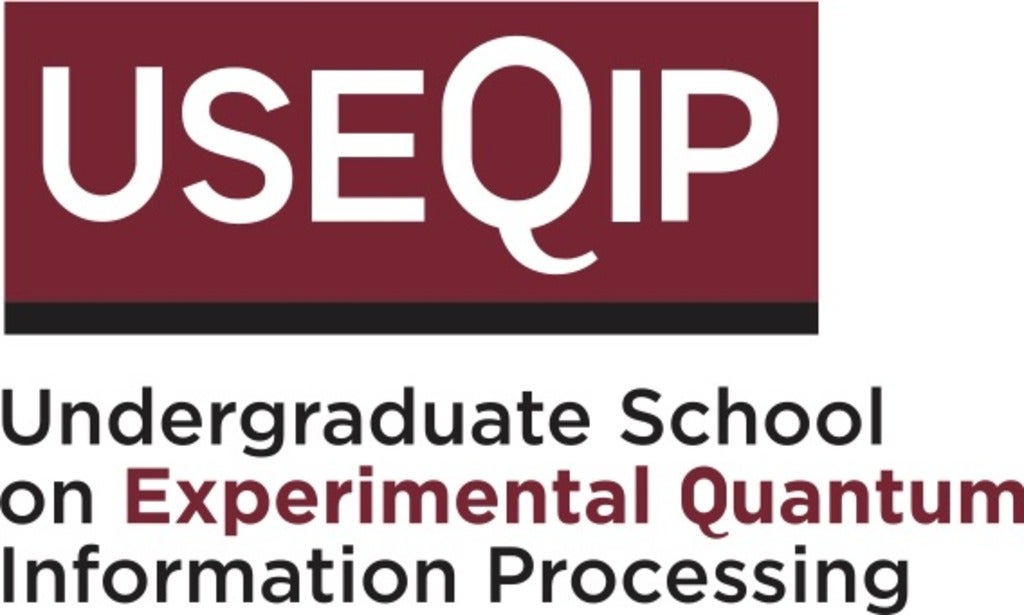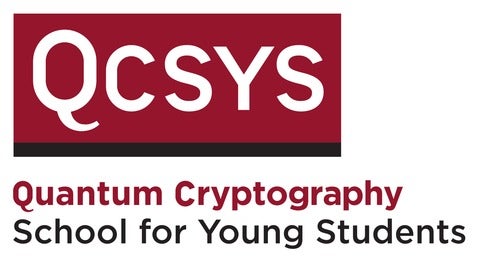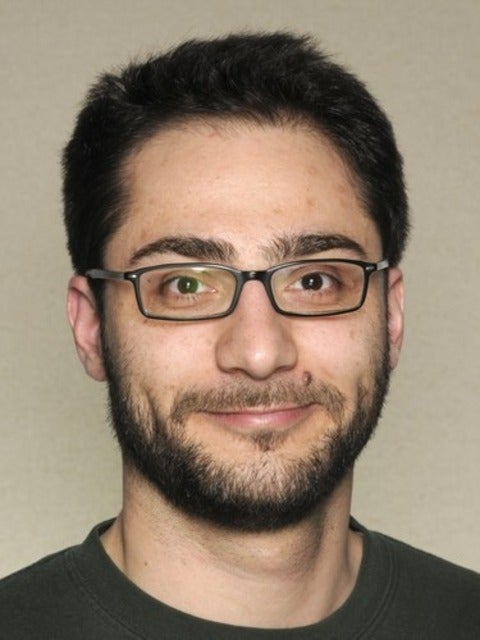Undergraduate School on Experimental Quantum Information Processing
Join us at the Institute for Quantum Computing for a two-week introduction to the theoretical and experimental study of quantum information processing.
During the Undergraduate School on Experimental Quantum Information Processing (USEQIP) will be exposed to lectures and experiments on the following topics and more.
- Quantum information processing
- Implementation for quantum information processing
- Experimental exploration


